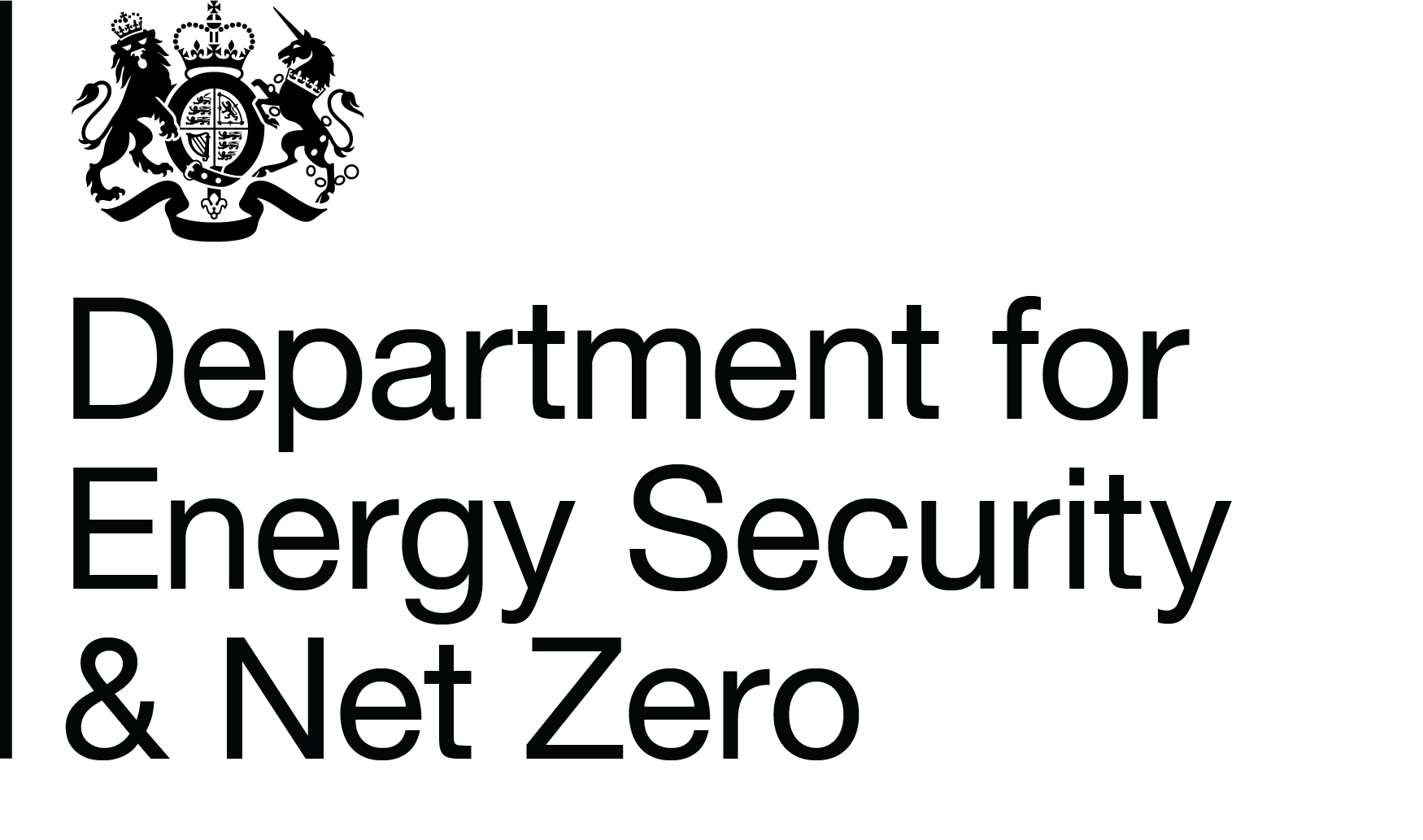How can Public Data Group data be made more accessible and useful?
Overview

The Public Data Group (PDG) brings together four public sector bodies - Companies House, Land Registry, Met Office and Ordnance Survey - that collect, refine, manage and distribute data on the nation’s companies, property, weather and geography.
The Public Data Group’s data is made available through a variety of channels and licenses and includes both commercial agreements and the provision of Open Data.
The value of the data that is charged for is vast – with Ordnance Survey data widely used in the insurance sector, and the billions of pounds saved by the use of Met Office data in the aviation industry as just two examples. Equally, the value of the Open Data released by the Public Data Group is very significant and growing. The most recent estimate placed the value of Open Data released by PDG at over £900m annually.
Data is of increasing importance to the economy, driving innovation and opening a range of new possibilities for businesses.
Although the PDG organisations have a commitment to make as much data freely available as possible, they have to balance this commitment with other requirements such as maintaining the quality of the data, covering the costs of the collection and distribution of the data, and avoiding cross subsidising one data set from another. Companies House has recently committed to making its digital information available free of charge in 2015 but for Land Registry, Met Office and Ordnance Survey some data is charged for.
How you can help
We are keen that the charges for public data do not act as a barrier for those just starting their business or developing their product. There are already some ‘Developer Licenses’ available that allow usage of charged for PDG data for free under certain criteria and the intention is to enhance and expand these further. We are also keen to understand if PDG data is widely known of and if users find it convenient to utilise so that future development work and publicity can be better targeted.
The purpose of this survey is therefore to seek your views on:
- Your awareness of the PDG data that is available;
- Any issues you face using PDG data; and
- How ‘Developer Licenses’ should be designed to most meet user needs.
We'll ask you a few questions in the link below, and the answers you provide will help us to map how PDG data is currently being used. So, as an added bonus, you will be helping us to build the map below (which you can click on to find out more about some of the innovative uses that PDG data is already being put to).
What happens next
An anonymised csv. file of responses will be available on Data.Gov.UK shortly after the consultation closes.
The results of the survey will be used to inform a discussion with a range of stakeholders who will then make a recommendation to the PDG Board on any proposals for improvements to licensing and formatting. The response to this recommendation and any other related steps will then form a public announcement in Spring 2015.
Audiences
- Charities
- Charity or social enterprise
- Consumers
- Individual
- Innovation community
- Large businesses (over 250 staff)
- Medium business (50 to 250 staff)
- Micro business (up to 9 staff)
- Research Councils
- Researchers
- Scientists
- Small business (10 to 49 staff)
- SMEs (small and medium businesses)
- Universities
Interests
- Economic growth
- Innovation
- Research
- Starting a business

Share
Share on Twitter Share on Facebook